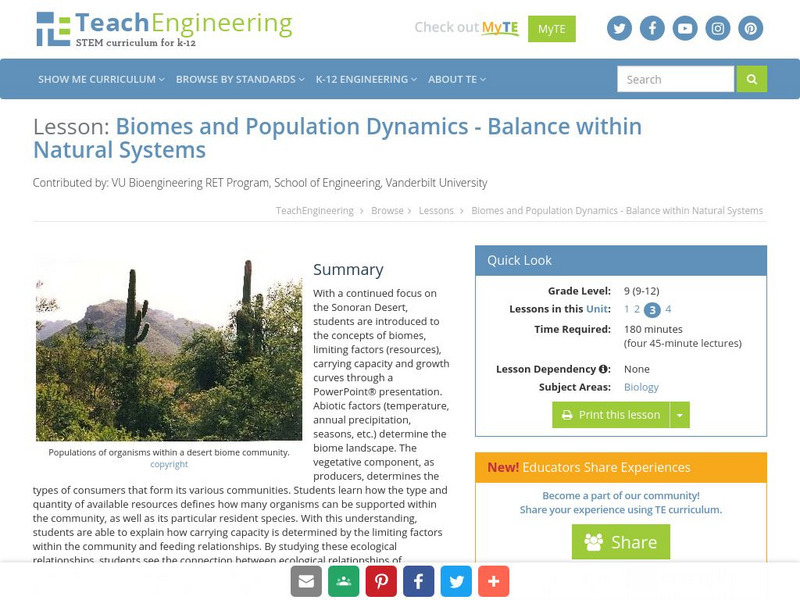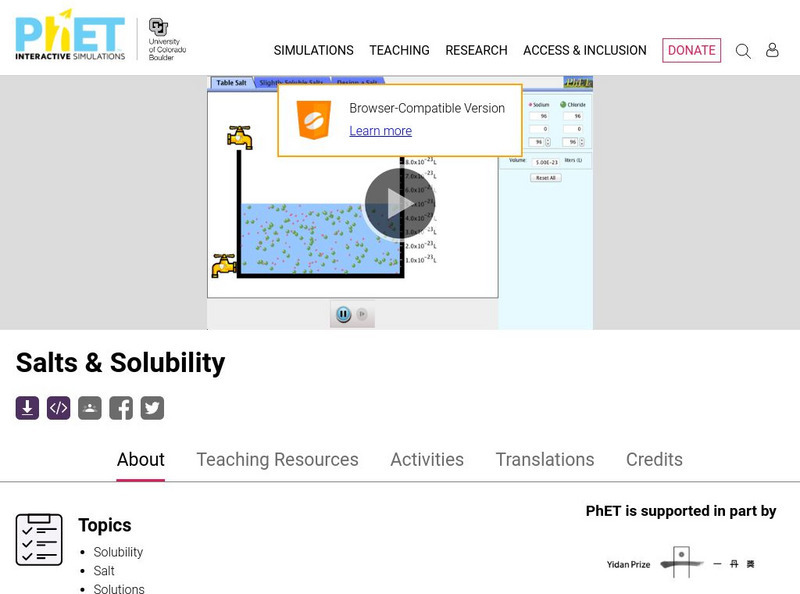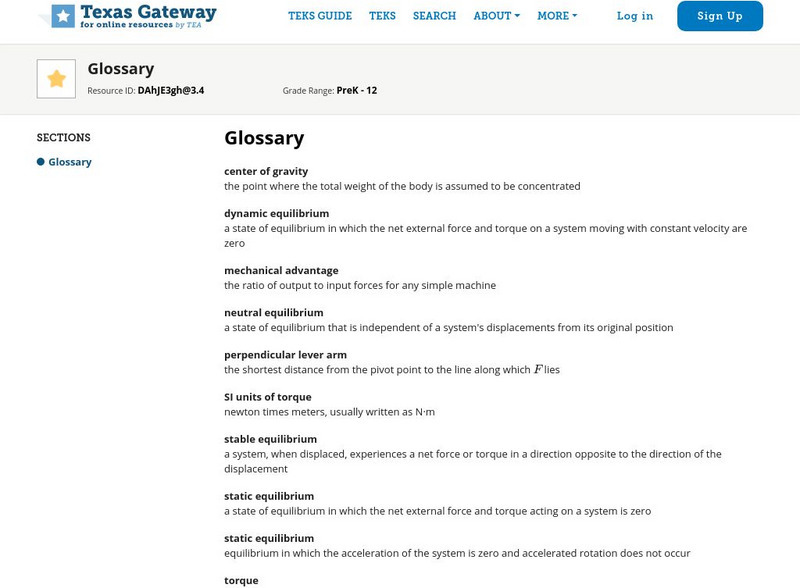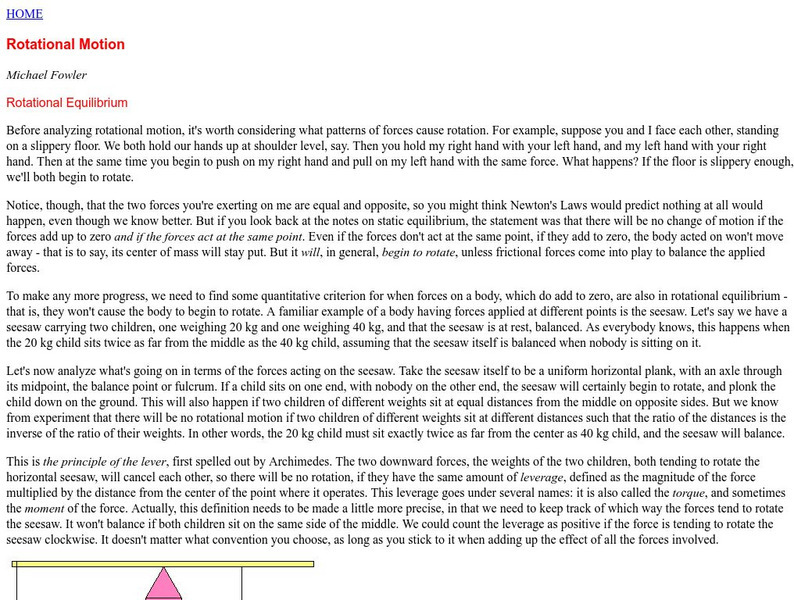Curated OER
A Solar Project
Students make predictions about the global temperature of the earth and to see how this is dependent upon a number of variables. Students visualize how changing parameters can impact the global temperature of the earth.
Curated OER
The Gulf of Maine
Pupils examine their own environments and make connections to larger ecosystems. They watch a video about the gulf of Maine and record the changes that have occurred. They research the gulf and create a food web.
Curated OER
It's the Slime Time
Students experiment to understand the basic concept of polymerization and to understand the dissolution theory. Student experiment with polymers to understand its behavior and the mechanical behavior of polymer networks.
Curated OER
Beans and Birds: A Natural Selection Simulation
Students examine the problem concerning the evolution of seed color in pinto bean plants "How does natural selection change the frequency of genes or traits over many generations"? Students work in teams to design an experiment that...
Curated OER
Mechanisms of Evolution
In this evolution worksheet, students will answer questions about population genetics and the theory of evolution of species. This worksheet has 15 true or false, 6 fill in the blank, and 4 short answer questions.
Curated OER
Change Through Time
In this evolution worksheet, students will complete a table by writing in the era and biological event based on 4 different time periods of Earth's history. Students will answer 8 fill in the blank questions based on the different origin...
Curated OER
Teaching about the Chemistry of Oxygen Solubility
Students explore solubility of gases in water, Henry's Law, LeChatelier's Principal, and supersaturation of gases in water.
Curated OER
Trade Happens Between People
Students work together in groups to participate in a trading game. They are allowed to trade with different people in each round. They discover free and restricted trade.
Chiral Publishing
Chiral Publishing: An Introduction to Chemistry: Liquids Condensation, Evaporation, Dynamic Equilibrium [Pdf]
This online textbook chapter discusses dynamic equilibrium between liquids and gases, boiling liquids, and particle attractions. Many pictures help to explain the concepts. Also find a detailed chapter review at the end to check for...
OpenStax
Open Stax: The First Condition for Equilibrium
From a chapter on Statics and Torque in a Physics textbook. This section of the chapter discusses what the first condition for equilibrium is, and describes what static and dynamic equilibrium are. Includes two questions and a...
Texas Education Agency
Texas Gateway: Ap Physics: The First Condition for Equilibrium
By the end of this section, you will be able to state the first condition of equilibrium, explain static equilibrium, and explain dynamic equilibrium.
Other
New Mexico State University: Chemical Equilibrium
A one page tutorial which teaches the viewer how to predict and write equilibrium expressions and use them to calculate equilibrium concentrations. Discusses Le Chatelier's Principle.
Chiral Publishing
Chiral Publishing: An Introduction to Chemistry: Liquids: Condensation, Evaporation and Dynamic Equilibrium: Study [Pdf]
This study guide reviews the main ideas in the liquids chapter in this online textbook. Includes a chapter map, goals, a checklist, and answers to the chapter review.
Chiral Publishing
Chiral Publishing: An Introduction to Chemistry: Liquids: Condensation, Evaporation, and Dynamic Equilibrium
This presentation, available in .pdf format, about liquids includes a chapter map, main ideas, and many pictures to help understand the chapter. Detailed charts go along well with the information.
TeachEngineering
Teach Engineering: Biomes and Population Dynamics
This lesson begins with a PowerPoint slideshow that covers important ecological concepts about biomes, limiting factors, carrying capacity, and population growth. Students will look at the population dynamics involved with the diversity...
Simon Fraser University
Chem1 Virtual Textbook: Chemical Kinetics and Dynamics
Understand the rates and mechanisms of chemical change. These topics stand in contrast to the subjects of equilibrium and thermodynamics that control the direction of chemical change.
Sophia Learning
Sophia: Practice W/ Equilibrium: Lesson 1
This lesson provides the learner with example problems on mechanical equilibrium. It is 1 of 2 in the series titled "Practice w/ Equilibrium."
Other
Chemguide: Le Chatelier's Principle
This page looks at Le Chatelier's Principle and explains how to apply it to reactions in a state of dynamic equilibrium. It covers changes to the position of equilibrium if you change concentration, pressure or temperature. It also...
University of Colorado
University of Colorado: Ph Et Interactive Simulations: Salts and Solubility
Add different salts to water, then watch them dissolve and achieve a dynamic equilibrium with solid precipitate. Compare the number of ions in solution for highly soluble NaCl to other slightly soluble salts. Relate the charges on ions...
Texas Education Agency
Texas Gateway: Ap Physics: Statics and Torque: Glossary
This is a glossary of terms and definitions used in Chapter 9: Statics and Torque from the AP Physics online text.
University of Virginia
University of Virginia: Rotational Motion
A page describing rotational equilibrium and non-equilibrium situations. Includes graphics, equations, and many examples.
Alabama Learning Exchange
Alex: Endangered Species
This is a biology or environmental science lesson that incorporates technology. This project-based plan is designed to be used as students study the factors that affect the dynamic equilibrium of populations and ecosystems. This lesson...
Georgia Department of Education
Ga Virtual Learning: Ap Physics 1: Newton's Laws of Motion
Newton's three laws are deceptively simple, but they are the underpinning of all of physics and govern the mechanics all of your actions in everyday life. Take an in-depth look at these laws in this learning module.
Oswego City School District
Regents Exam Prep Center: Homeostasis Introduction
Provides an easy to understand overview of the Biochemical processes, disease, and feedback mechanisms of homeostasis.


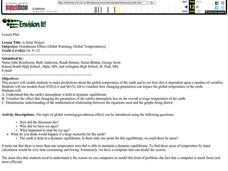







![Chiral Publishing: An Introduction to Chemistry: Liquids Condensation, Evaporation, Dynamic Equilibrium [Pdf] eBook Chiral Publishing: An Introduction to Chemistry: Liquids Condensation, Evaporation, Dynamic Equilibrium [Pdf] eBook](https://d15y2dacu3jp90.cloudfront.net/images/attachment_defaults/resource/large/FPO-knovation.png)


